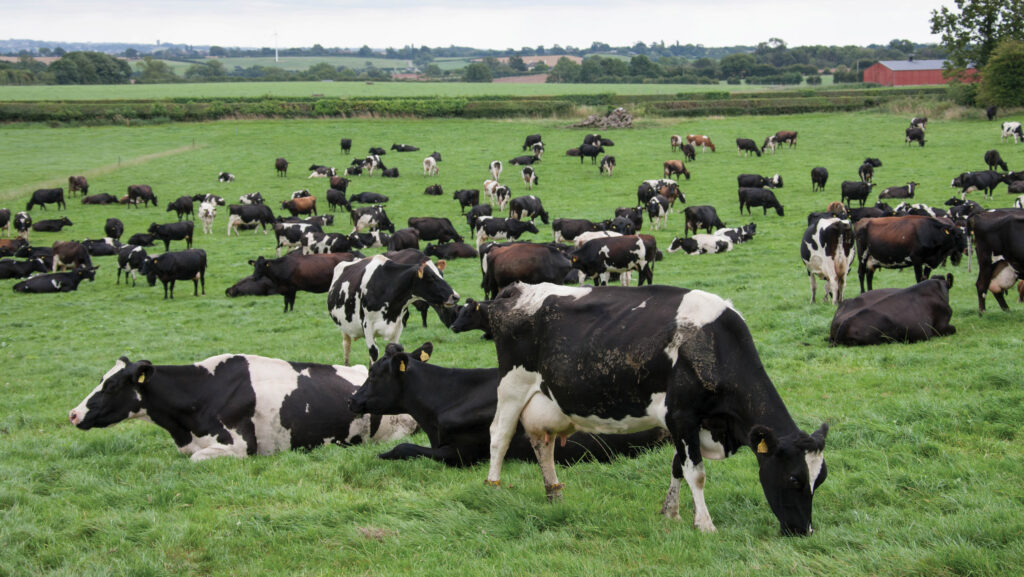Levy bodies aim to establish farming’s true carbon footprint
 © Tim Scrivener
© Tim Scrivener The AHDB and Quality Meat Scotland are investing some £2.5m and £375,000 of levy-payers’ money respectively in a major new research project designed to calculate agriculture’s true carbon footprint and environmental impact.
Initially, some 170 farms will be involved for five years and the organisations are currently recruiting farms to join the pilot project.
See also: Defra offers flexibility on ‘green scheme’ requirements
This pilot will focus on accurate measurements to reveal the net carbon position on farms – the balance between emissions and sequestrations, plus storage – rather than figures that just reflect the gross emissions, and that are sometimes used to demonise farming.
AHDB chief executive Graham Wilkinson said: “Agriculture faces the biggest challenge of a generation in demonstrating the positive impact that farming systems can have on the environment.
“This is amplified by a lack of accurate, on-farm-level data. Our industry-first pilot will help change the story of British agriculture, which has been dominated by gross greenhouse gas emissions.
“We all know that agriculture has a critical role to play in achieving government targets.
“However, the picture is more complex because of our role in not only producing greenhouse gasses, but our ability to store and sequester carbon across the whole farming system.”
The long-term aim is that this baselining should be rolled out to every farm across the country, so farmers can assess their individual performances.
In this way, a more accurate assessment of the industry’s true position and progress towards net zero will also be achieved.
Reaction
Oxfordshire farmer Tom Allen-Stevens said the project sounded like good use of levy-payer funds.
“As individual farmers, we do need to understand where our baseline is,” he said. “This looks like an attempt to build a credible, UK model using data we can trust.
“We will be able to use it to accurately judge the potential of our own environmental assets, the potential for increasing these, and as a tool to measure the impact of any changes.
“My only concerns are that the data stays with us, that AHDB is responsible for how it uses it, and that aggregated data, if shared, is used to farmers’ benefit.”
Vicki Hird, who leads of agriculture for the Wildlife Trusts, said the work needed to be robust.
“A focus solely on carbon could lead to undesirable consequences, such as favouring livestock systems that we know can create huge, unmanageable pollution issues for soil, air and rivers.
“Intensive livestock farming drives demand for cheap feeds, which leads to negative impacts elsewhere such as deforestation for soya feeds, and which undermine the transition to nature-friendly farming everywhere.”
Find out more about the Environment Baselining Pilot.
